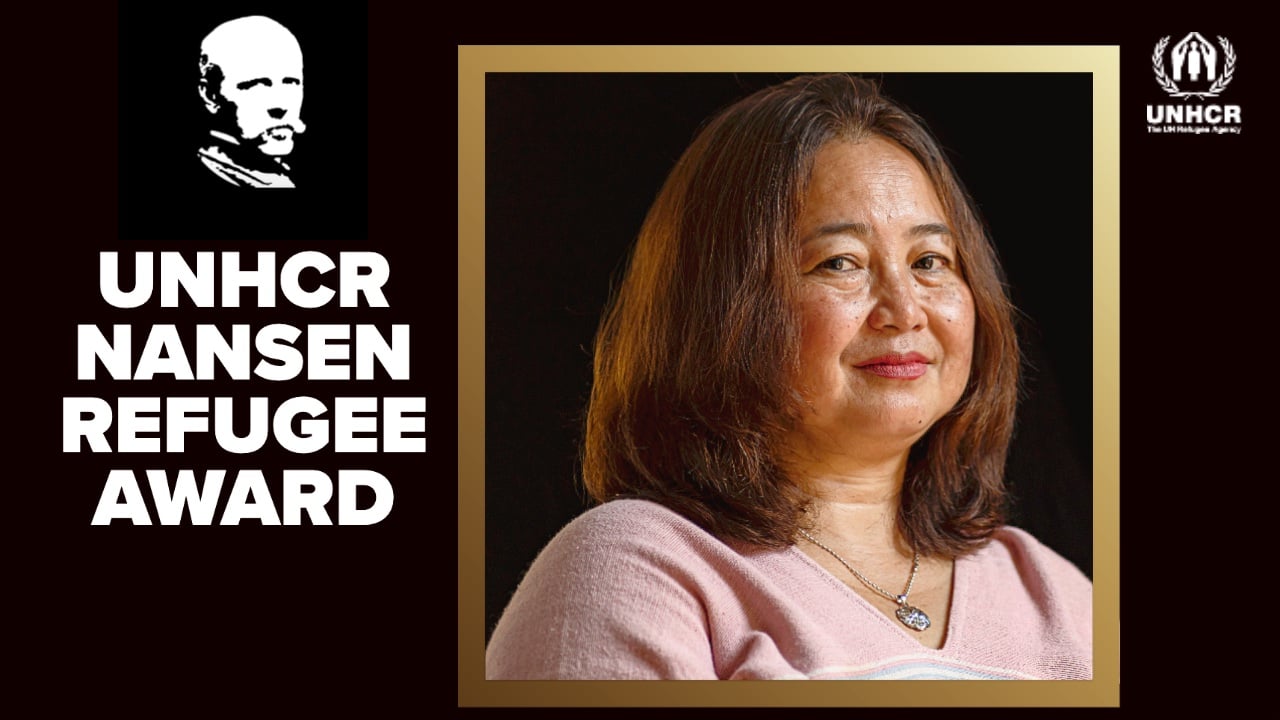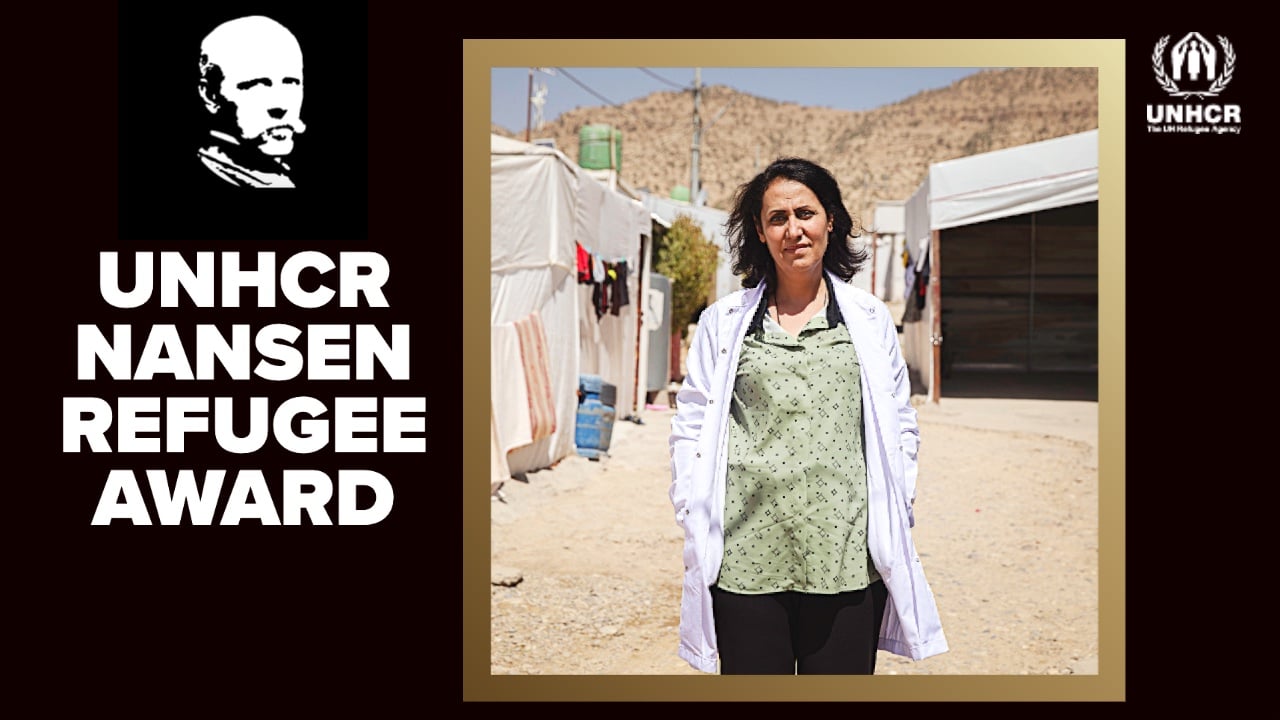Sudan must protect own citizens, says Chamberlin after visiting IDP camps
Sudan must protect own citizens, says Chamberlin after visiting IDP camps

KHARTOUM, Sudan, April 19 (UNHCR) - Acting High Commissioner for Refugees Wendy Chamberlin says the refugee agency and the international community will hold the Sudanese government accountable for protecting its own citizens and helping them go back safely to their homes in the southern part of the country.
Her comments came on Monday, the first day of a five-day visit to Sudan and Chad, after she visited two sites where Sudanese displaced by more than 20 years of southern civil war live on the outskirts of the capital, Khartoum.
"The standards for displaced people are the same as for refugees," she said. "They can only go home voluntarily, and must do so in safety and dignity."
In an official camp run by the government to house displaced people, Chamberlin met children who were born there who have never seen their southern "homeland". Women who have lived there for nearly two decades told Chamberlin they can't afford to go home yet, and fear their children will not find schools in the south, ravaged by the war that ended in January with the signing of a peace accord.
The camp, Omdurman es Salaam, is home to 120,000 displaced people from a number of communities in the south, who now live in box-like mud-brick houses and even have their own makeshift church. But the residents, some of whom fled their homes in 1986, call the camp Gaborona, which translates as "forced to be here".
Chamberlin also made a brief stop in the squalid squatter camp of Shikan, where some 5,000 people live in cardboard and burlap structures. About 30,000 displaced people from the south lived there until the end of December 2004, when the government evicted them and began demolishing the camp. The residents were dumped in a desert area with no services, but many of them have been drifting back to Shikan.
"We have seen conditions people are living in after their village was levelled, and we stress the government's responsibilities for its own citizens," Chamberlin said.
The message will also apply when the estimated 6.1 million people from the south now living elsewhere in Sudan begin to go home. UNHCR plans to help some 550,000 refugees go home to the south from their exile in neighbouring countries, primarily Uganda and Kenya.
"The displaced people will be going home to the same villages as refugees are returning to," Chamberlin said. "This is the reason we will be helping entire communities with schools, medical clinics, roads and removal of land mines, instead of helping individual households."
After one day in the capital, Chamberlin moves on to South Darfur today. The Darfur conflict has driven an estimated 2 million people from their homes in addition to the 6.1 million displaced by the southern civil war. In Darfur, UNHCR is helping to protect people - especially women - in villages and the countryside outside of established camps.

She also plans to visit West Darfur before crossing the border into Chad, where some 200,000 Darfur refugees are living in 11 UNHCR refugee camps.
One week after international donors pledged $4.5 billion for southern Sudan at a meeting in Oslo, Chamberlin also met UN officials to try to ensure that UNHCR will get the money it needs to protect refugees who want to go home to the south.
By Kitty McKinsey in Khartoum, Sudan









